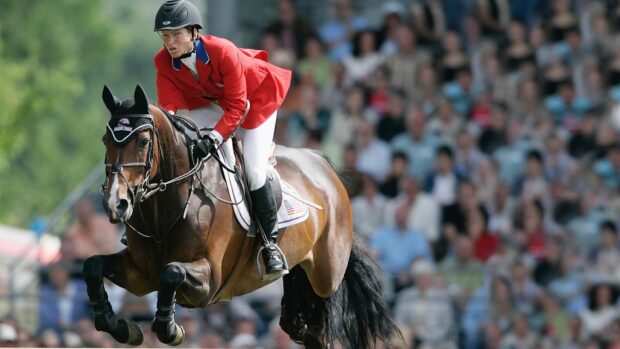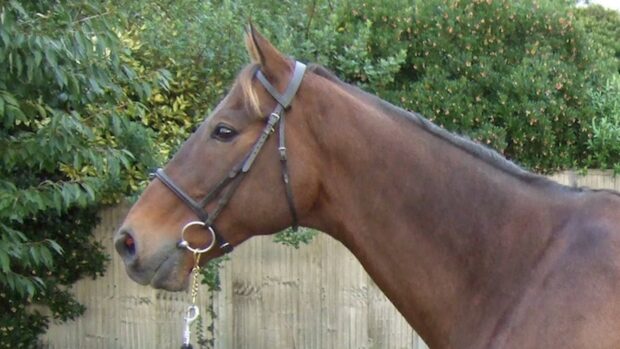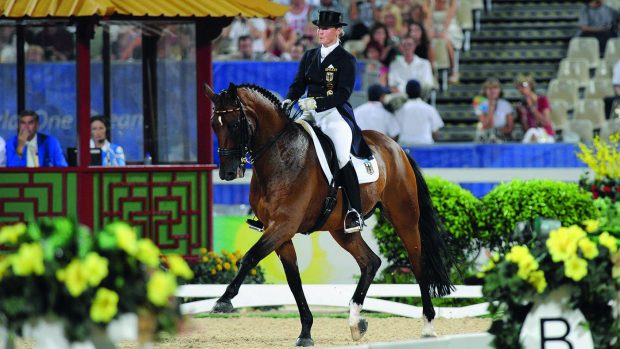Competitors at the 2008 Olympic equestrian events in Hong Kong (8-21 August) will face faster and more stringent dope testing than ever before, claim its organisers.
“Horse samples always take longer to test than human ones and we’re trying to get more in line with human testing,” said Frits Sluyter, head of the International Equestrian Federation’s (FEI) veterinary department.
“We try to make the testing time as short as possible, and we are lucky that in Hong Kong all the staff at the FEI laboratory [already situated there] will be dedicated to working on the Olympics.”
At the Athens Olympics in 2004, four horses turned in positive dope tests a month after the event, including that of Ireland’s individual show jumping gold medallist Cian O’Connor. He later lost his medal, but the time delay in making these results known has long been a problem.
The Hong Kong Jockey Club’s (HKJC) positive dope test rate of 0.06% in horses is five times less than the world average. This is attributed to the stringent doping controls that protect the integrity of racing there. A staggering 150 horses are tested before racing at each meeting — a massive operation, but one that ensures a clean sport and public confidence.
“We don’t catch everyone, but we’re not far behind,” promises Dr Terence Wan, chief racing chemist and head of the 43-staff HKJC laboratory at Sha Tin racecourse.
His laboratory, which has 16 CCTV cameras monitoring analysis procedures, is one of only four facilities accredited to and regularly used by the FEI. It checked three out of the four positive tests from the Athens Olympics and has not reported a false positive in its 37-year history.
The racecourse has US $8million-worth of facilities, including 24 modern mass spectrometers which generate “chemical fingerprints” for drug identification.
Dr Wan added: “It is a hugely hectic process, but we are control freaks. Our aim is to enhance public confidence in our sport.”
Some 50-60 horses are normally tested at an Olympic games, but with such facilities on site, slightly more are likely to be sampled in Hong Kong, said Mr Sluyter: “We always test medal-winners and then sample at random, but this time we’ll also be testing the Paralympic horses which for the first time fall under the FEI umbrella.”
British team performance director Will Connell said dope testing is getting more stringent in all sport.
“It just happens in equestrianism — and history shows this — that it’s more likely cheating will take place in doping the horse rather than rider,” he said. “If we want to be seen as a drug-free sport, it’s only right and proper that we have more stringent doping procedures.”
This news story was first published in Horse & Hound (3 January, ’07)



